Music professor explores how jazz made its mark ... in France!
Tue, 10 Dec 2013 16:52:00 GMT
French Music in Conversation with Jazz, 1900-1965: From Debussy to Brubeck, the title of Deborah Mawer’s new book
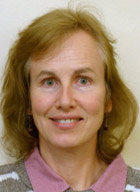 WHEN a new style of music named jazz first crossed the Atlantic in the early twentieth century, it found an enthusiastic audience in France and a group of French composers who were open to its influences.
WHEN a new style of music named jazz first crossed the Atlantic in the early twentieth century, it found an enthusiastic audience in France and a group of French composers who were open to its influences.
It is a story of cultural cross-fertilisation that is being explored by Deborah Mawer (pictured), newly appointed as a Research Professor at the University of Huddersfield. Due to be published next year is her latest book, entitled French Music in Conversation with Jazz, 1900-1965: From Debussy to Brubeck.
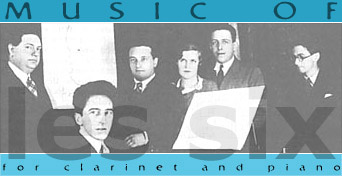 Ground-breaking in its own right, it will be a substantial addition to a roster of books by Professor Mawer dealing with French music, especially the composer Ravel. He was one of an older generation of French composers who embraced jazz, and aspects of his works in the 1920s anticipate the practice of famous jazz musicians such as the guitarist Django Reinhardt and violinist Stéphane Grappelli, argues Professor Mawer.
Ground-breaking in its own right, it will be a substantial addition to a roster of books by Professor Mawer dealing with French music, especially the composer Ravel. He was one of an older generation of French composers who embraced jazz, and aspects of his works in the 1920s anticipate the practice of famous jazz musicians such as the guitarist Django Reinhardt and violinist Stéphane Grappelli, argues Professor Mawer.
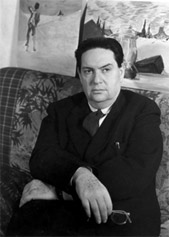 Meanwhile, the younger post-World War I composers who made up a group dubbed Les Six (pictured right) – and especially Darius Milhaud (pictured left) – soaked up the jazz idiom.
Meanwhile, the younger post-World War I composers who made up a group dubbed Les Six (pictured right) – and especially Darius Milhaud (pictured left) – soaked up the jazz idiom.
“In the aftermath of the war there were economic problems in France. Jazz boosted morale,” said Professor Mawer. “On the one hand, French music was trying to rediscover its roots by looking back to eighteenth-century classicism, but it would have been far duller if it had not been spiced up by the influence of jazz.”
Professor Mawer is a founder and former vice-president of the Society for Music Analysis and a distinctive aspect of her work is that she provides French music with a level of analysis of the sort normally reserved for composers such as the Second Viennese School.
“Most approaches to French music have tended to be primarily historical, sometimes anecdotal, but rarely rigorously analytical, so in that way I have broken the mould,” said Professor Mawer. But music is also inseparable from its socio-cultural and historical context, she adds, and Professor Mawer has recently been elected a Fellow of the Royal Historical Society.
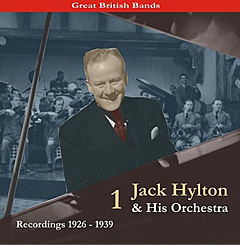 A pivotal chapter in her new book deals with the influence of the British dance band leader and impresario Jack Hylton (pictured left), who played a role in spreading jazz to France. Professor Mawer previously held a post at the University of Lancaster, home to the Jack Hylton Archive, so she was able to draw on its material.
A pivotal chapter in her new book deals with the influence of the British dance band leader and impresario Jack Hylton (pictured left), who played a role in spreading jazz to France. Professor Mawer previously held a post at the University of Lancaster, home to the Jack Hylton Archive, so she was able to draw on its material.
Her new book is the first that explores French music-jazz interaction from both directions, including the ways in which French musical impressionism and neoclassicism impacted upon US musicians such as George Russell, Bill Evans and Dave Brubeck.
Once French Music in Conversation with Jazz is completed, Professor Mawer has new books in the pipeline, including a detailed analysis of the works of Maurice Ravel (pictured right).
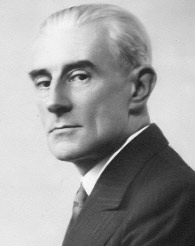 “I have already written three books about him but I sense that we haven’t quite got to the bottom of how Ravel’s music works!” she says.
“I have already written three books about him but I sense that we haven’t quite got to the bottom of how Ravel’s music works!” she says.
Professor Mawer has also conceived an inter-disciplinary book named Hearing French History: Music in the Age of Modernity and she hopes this project will offer scope to team up with cultural researchers at the University of Huddersfield.
On 3 April, 2014, she will deliver a professorial lecture at the University, dealing with the subject of French music and jazz.
Back to news index - December






